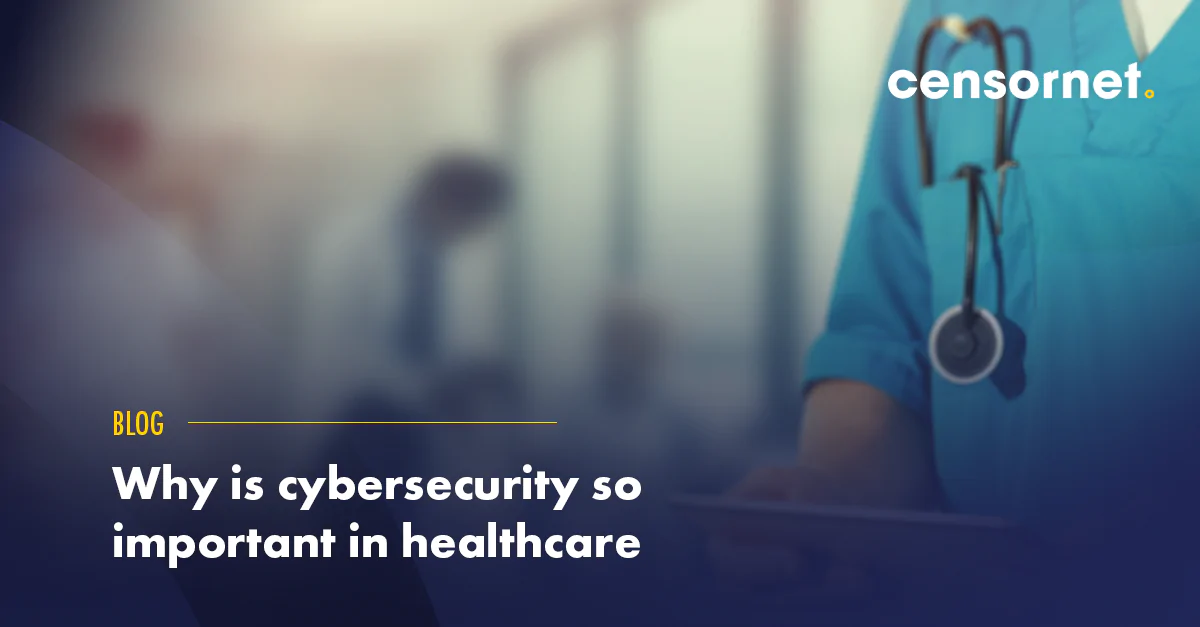The health sector is a vital part of our society, providing essential medical services to millions of people. But as the recent ENISA Threat Landscape Report for the Health Sector shows, the increasing reliance on digital technology in healthcare has exposed the sector to a range of cyber threats.
Ransomware in the healthcare sector
Ransomware attacks are on the rise, and they’re hitting the health sector hard. The report reveals that ransomware incidents now account for 54% of the identified incidents in the sector. These attacks disrupt healthcare services and put patient data at risk. In some cases, hospitals have had to close their emergency departments, suspend surgical operations, and reschedule time-critical chemotherapy treatments. It’s a stark reminder of how cyber threats can have real-world consequences.
The risk of data in healthcare
But it’s not just ransomware that’s causing problems. Data-related threats are also a major concern, with 46% of the observed incidents involving threats against data. These threats can take the form of data breaches, data leaks, or data theft. In some cases, patient data has been leaked from government COVID-19 systems or laboratories performing COVID-19 tests. It’s a worrying trend that highlights the need for robust data protection measures.
Connected medical devices are becoming increasingly common in healthcare, but they’re also a potential weak point. The report highlights the emerging threat of vulnerabilities in these devices. These devices contain very sensitive information, and patient safety can depend on their reliability. Data tampering can have severe consequences, such as misdiagnosis or inappropriate treatment.
Healthcare cybersecurity actions
So, what can healthcare organisations do to protect themselves from these threats? The ENISA report underscores the importance of cybersecurity awareness and the need for healthcare organisations to have the necessary technical capabilities to detect and respond to cyber incidents. Cybersecurity training and awareness programmes can empower healthcare professionals to recognise and respond to cyber threats, enhancing the overall security posture of healthcare organisations.
The report serves as a stark reminder of the cyber threats facing the health sector. It’s crucial for healthcare organisations to navigate these challenges and implement effective cybersecurity measures to protect patient data and ensure the continuity of critical services.
How can Censornet help?
At Censornet, we’re here to help. We offer advanced threat protection solutions to detect and mitigate ransomware attacks, data loss prevention solutions to safeguard sensitive patient data, and vulnerability management solutions to address vulnerabilities in healthcare systems. We also provide cybersecurity training and awareness programmes to help healthcare professionals recognise and respond to cyber threats.
We understand that every healthcare organisation is unique, and we’re committed to providing tailored solutions to meet your specific needs. By taking a proactive approach to cybersecurity, healthcare organisations can protect their systems and data, ensuring the safety and well-being of their patients.
For more information on how Censornet can help safeguard your healthcare organisation from cyber threats, please contact us today.






